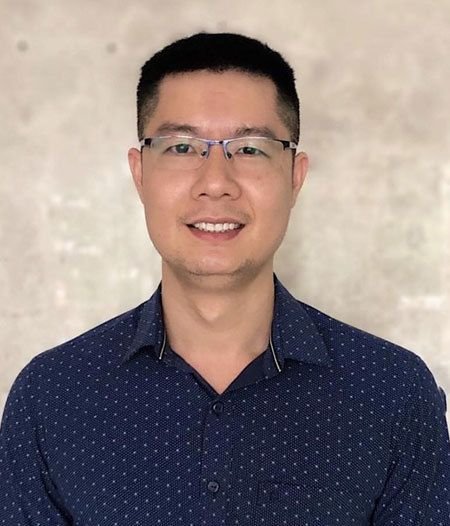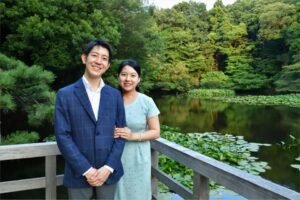
Three problems Vietnamese people encounter when learning English 9
Mr. Phan The Dung, 38 years old, graduated from the Diplomatic Academy in 2004, and has taught English in a number of East and West African countries within the framework of the development support program between Dominial Capital Fund and localities (Business).
Currently, Mr. Dung is the head of the program to inspire the community to learn English with thousands of free classes (online and offline).
Do Vietnamese people need to learn English?
The three most basic components of needs, the subject itself, and the learner’s ability are all fine, so what’s missing here can only be the method.
Both the official English teaching system in schools and the private teaching and learning market have for many years still used imported textbooks compiled by native speakers to teach English around the world.
The first is emotional thinking, how you think will form the habit of using language like that.
An example is when evaluating someone’s English, we often say `speak well` and rarely comment `speak correctly`.
Second is the difference in anatomy, especially the parts that directly affect the pronunciation process such as the throat, jaw, mouth muscles… Vietnamese people’s vocal parts are fragile and not as strong as humans.
If the sound is not the same, it means saying something different, and saying something different means that when you hear the same word again, it takes your brain twice to process and recognize it.
Mr. Phan The Dung.
Third is the habit of using the native language.
Vietnamese uses tones as the foundation, stating each sound clearly is good enough.
In the current teaching and learning of English in Vietnam, from mainstream schools to society, there are no programs or textbooks that really set out and thoroughly solve the above three problems.
Most English learners always have the feeling of being blindfolded by this rote learning style, learning without thoroughly understanding the ins and outs of the language.
To solve the above three problems, many solutions are needed, but the first is to re-perceive the teaching and learning methodology and re-compile the curriculum.



